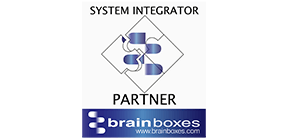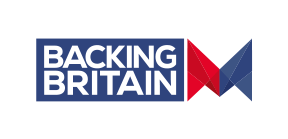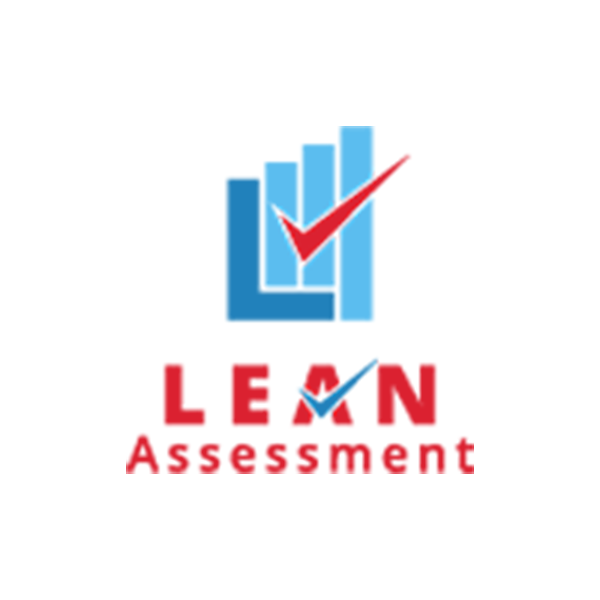Balanced Scorecard in Action
- By Brett Griffiths
- Balanced scorecard
- February 12 , 2021
- Share
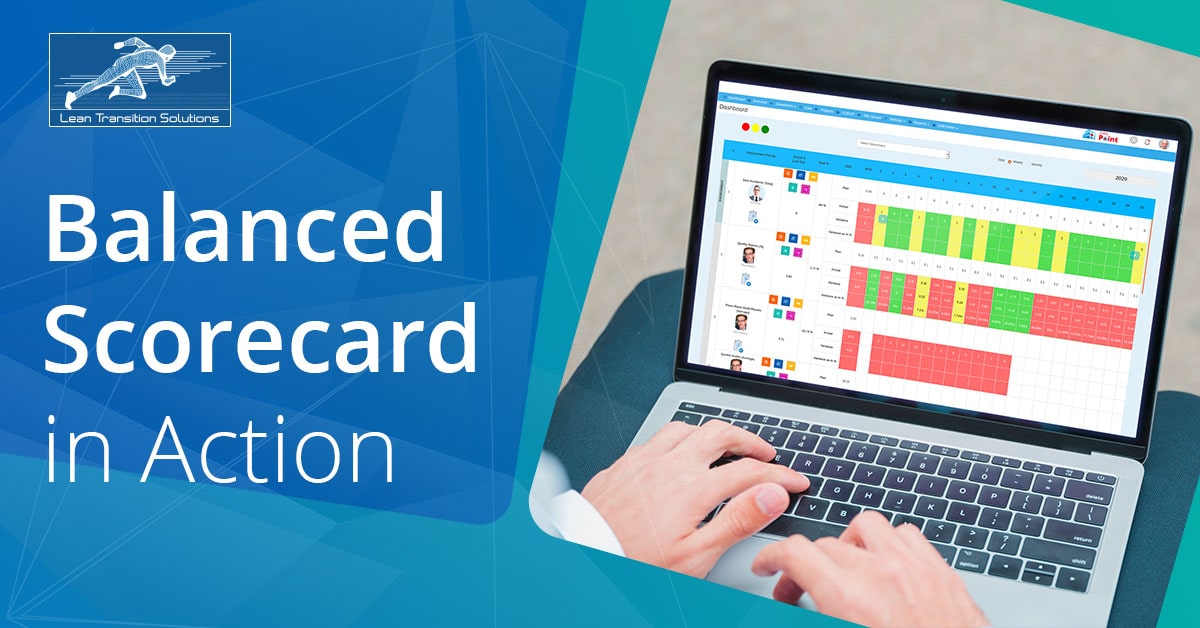
A Balanced Scorecard (BSC) assesses business and gives a balanced idea about an organisation's performance. BSC is a business framework for tracking and managing an organisation's strategy. However, the leaders have a clear picture of their organisation's direction; research shows that the workforce does not understand the organisational strategy and fails to achieve operational excellence. To face the competitive global economy today, companies make significant changes to the old traditional measures, which no longer assess the newly structured organisations adequately. Mastering the balanced scorecard methodology is the secret to an organisation's success. To ensure organisational success, there are few questions to be asked.
- Do your employees have a shared vision of the organisation?
- Is your success defined in clear and measurable terms?
- How will you recognise success when you see it?
- How effectively do your employees prioritise work according to strategy?
These questions throw light on the need for a Balanced Scorecard or KPI management solution within an organisation. Regardless of the size, all organisations benefit from a Balanced Scorecard as it is essential for an organisation's success. Even though the Balanced Scorecard was introduced almost twenty-five years ago, it is still vital and inevitable to organisations worldwide. Organisations have started to comprehend the importance and inevitability of having a Balanced scorecard. A balanced scorecard acts as a powerful and useful tool for helping organisations implement the strategy. A balanced scorecard enables the organisation to convert its vision, mission and strategy into measurable goals, with action plans to achieve those goals.
The Scorecard is termed as "balanced" for the following reasons:
- It keeps a balance between the financial and non-financial indicators of success.
- It balances the internal employee and process requirements with external requirements of customers and shareholders.
- Compares the past performance as well as the current performance and figure out improvement strategies.
- Finally, it balances between short-term and long-term goals/objectives of the organisation.
An effective, Balanced Scorecard will link business strategy to measurable goals and align its strategy and efforts. It acts as the foundation for creating an environment of continuous improvement.
Read the benefits of having a Balanced Scorecard.
In a nutshell, the process of a Balanced Scorecard is to;
- Translate vision into strategy.
- Communicate and link strategic objectives and measures.
- Plan, set targets and align strategic initiatives.
- Enhance strategic feedback and learning.
The crucial part of the Balanced Scorecard approach is the feedback and learning step. In this stage, an organisation evaluates their strategic capability building journey, compares their current performance, and makes possible changes in the business environment. This will enable the leadership to determine whether the organisation is on track and plan action/changes.
Digital Balanced Scorecard
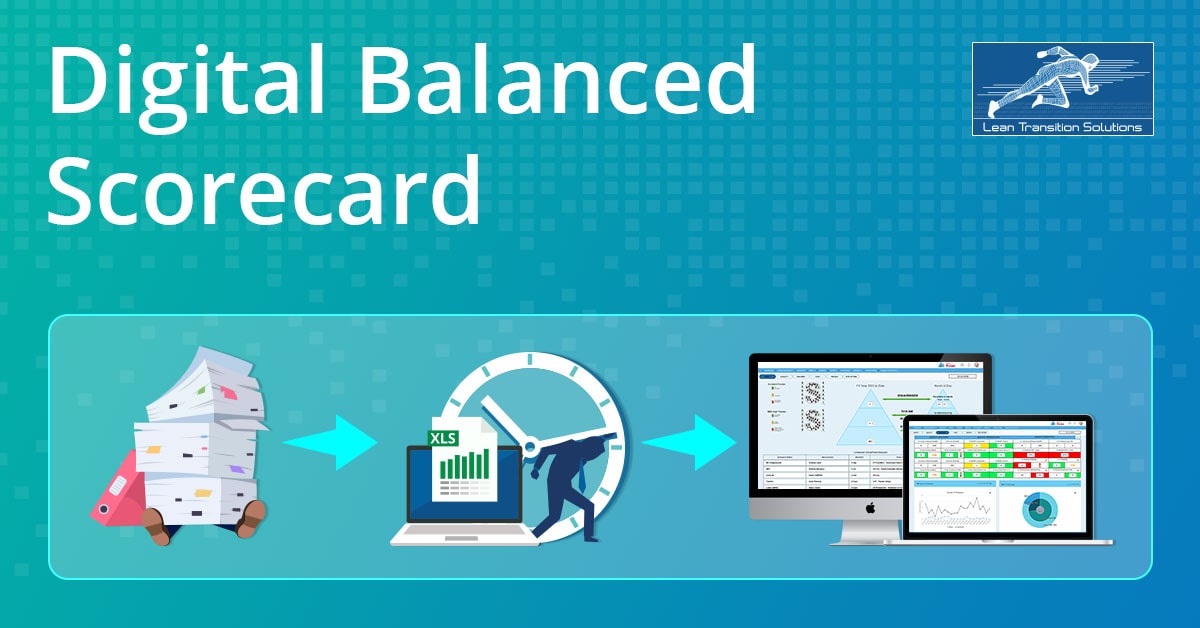
Initially, organisations used a paper-based solution to carry out the process, but it was highly time-consuming and limited the entire organisational performance view. Organisations can survive with pen and paper format, but time is valuable, and it should be spent wisely. Later on, organisations moved from paper-based solutions to spreadsheets/excel format. Spreadsheets are not appropriate for long term process planning and execution. The collaboration of real-time data and retrieval of reports is not possible; hence the entire idea of Balanced Scorecard could not work to its full potential.
Organisations use different versions of Balanced Scorecard, starting with paper-based Scorecards to now the digitised version. Both paper-based or spreadsheet Scorecard lacked features such as :
- Real-time data visibility
- Centralised data
- Data security
- Flexibility
- Advanced search, filter and sort options
- Data Analytics and reports
- Historical data analysis
- Global access
Even though the paper-based or spreadsheet solutions form the foundation of a Balanced Scorecard, the organisation should look for a professional Balanced Scorecard Software tool to take it to a more advanced level. Upgrading from paper or macro-based systems to digital version of Balanced Scorecard eases the process of strategy planning, execution and assessment.
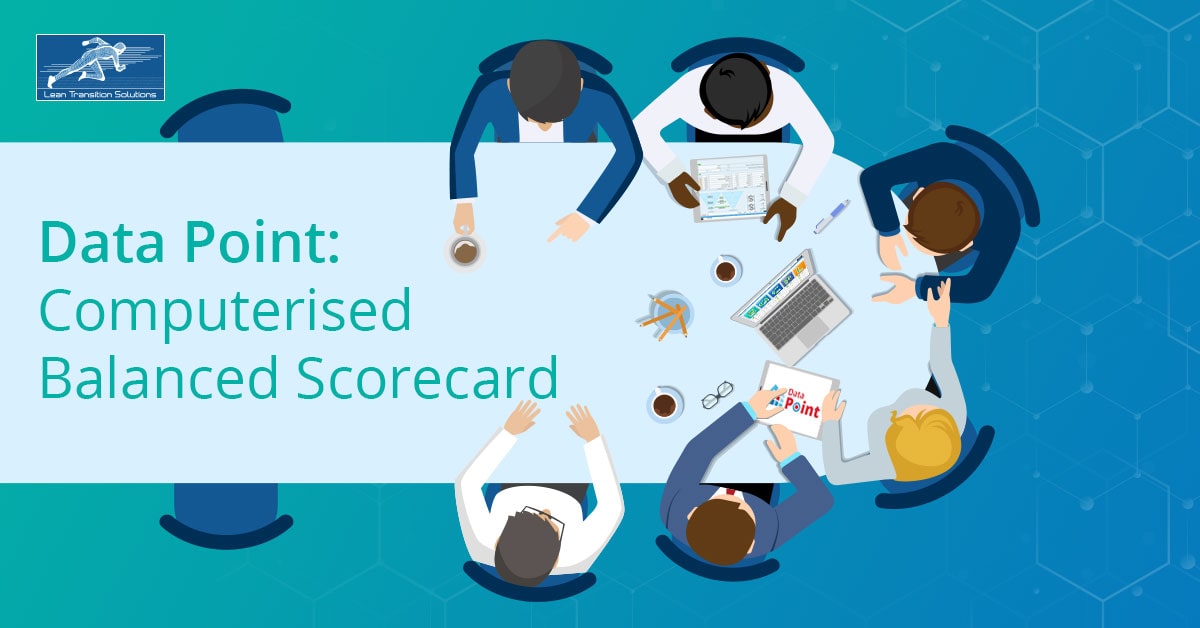
Lean Transition Solutions has supported many organisations to implement their balanced scorecard solutions. Many years of experience with our customers helped us understand the organisations' different pain points while implementing and maintaining balanced scorecards. To solve these hurdles, we have developed a Balanced Scorecard Software called 'Data Point' that addresses and overcomes all the drawbacks caused by the traditional Balanced Scorecard practices. With a digital version of Balanced Scorecard, organisations will be able to:
- Get better strategy map visualisation
- Access to real-time data
- Increase data security
- Saves time and increase productivity
- Support business framework
- Analyse, evaluate and visualise different KPIs in dynamic dashboards
- Communicate organisational strategy to all employees
- Align Organisational, Departmental and Individual goals
- Retrieve reports on different KPIs such as Health and Safety, Sales, Quality, Delivery, Cost, People, Maintenance and Environment
Data Point is more than a Balanced Scorecard. Data Point visualises the complete business story and quickly identifies where you are with your strategy execution. Organisational strategy map, performance measures, related initiatives, and other dashboards are at your fingertips. Data Point automates the reporting process and eliminates all complex spreadsheet maintenance needed for data normalisation and composite index creation.
Data Point communicates and integrates with other information systems such as ERP, Production Management System, Maintenance Management System, Manufacturing Management System, Financial Management Systems and much more. Data Point performs real-time data synchronisation and monitors live organisational performance. To be precise, Data Point provides a complete solution for better strategy map visualisation and overall performance management.
Get your FREE Trial Now!
Start Free Trial
LEAN TRANSITION SOLUTIONS
The Old Vicarage, Pershore Road, Upton Snodsbury, Worcester, Worcestershire, WR7 4NR, United Kingdom.
Lean Transition Solution
-
Lean Industry 4.0 Solutions
- TITAN:Computerised Maintenance Management System
- Data Point:Computerised Balanced Scorecard
- Janus: Automated Shop-floor Data Capture System
- T-Card: Integrated Production Planning and Plant Level Execution System
- JDI: Maintenance Automation App
- Maximus: Integrated ERP System
- e-Contractor: Integrated In-house Contractor Management System
- Q-Point: Integrated Quality Management System
- Safety-Point: Integrated Health and Safety Management System
- Lean Assessment: Lean Audit and Assessment System
- Saisho: Lean 5S Audit and Assessment App
- Emergency Response App: To Manage Emergency Situations
-
Leadership 4.0 Solutions
- Your Career Academy(YCA): Learning and Development System
- YCA e-Learning : Management System
- MentorYou(MU): Mentoring App
- Leadership 4.0 : Leadership Transformation Program
- Lean Manufacturing Workshop
- Lean Manufacturing Consulting
- ILM Accredited Green Belt Training and Certification Program
- ILM Accredited Black Belt Training and Certification Program
- Software Development Service
- Resources
- Company
- Contact
